The American West Tinged in Red with Our Lobster Redscale 110 Film
6 Share TweetFilm Director Emanuele Mengotti returns to our Online Magazine to share his dynamic series of photos exploring the American West with our Lobster Redscale 110 film. He also tells us about the upcoming screenings of his film West of Babylonia, which was shot in part with our Petzval 58 Bokeh Control Art Lens.
Hi Emanuele, welcome back to our Online Magazine! What have you been up to since we last spoke?
After producing my first film work, West of Babylonia, I embarked on a journey of discovery and exploration of the American myth and its frontier. Through different media, such as film and photography, I tried to immerse myself as much as possible in this rich world. I decided to focus my gaze on the American West by travelling and exploring different states. After my film West of Babylonia, presented at Biografilm and which is about a group of people who decide to move away from American society to live in a hostile, lawless place, I decided to narrate Las Vegas.
Red Sky at Night (with the title Rosso di Sera in Italy) is a film about what is left of the American dream through three stories of characters living on the fringes of the gambling capital. Frontier characters trying to pursue their dream by all means. I am currently preparing my third film, again in California, and in the process, I am exploring these territories, chasing stories, characters and landscapes to tell with different cameras and different formats.
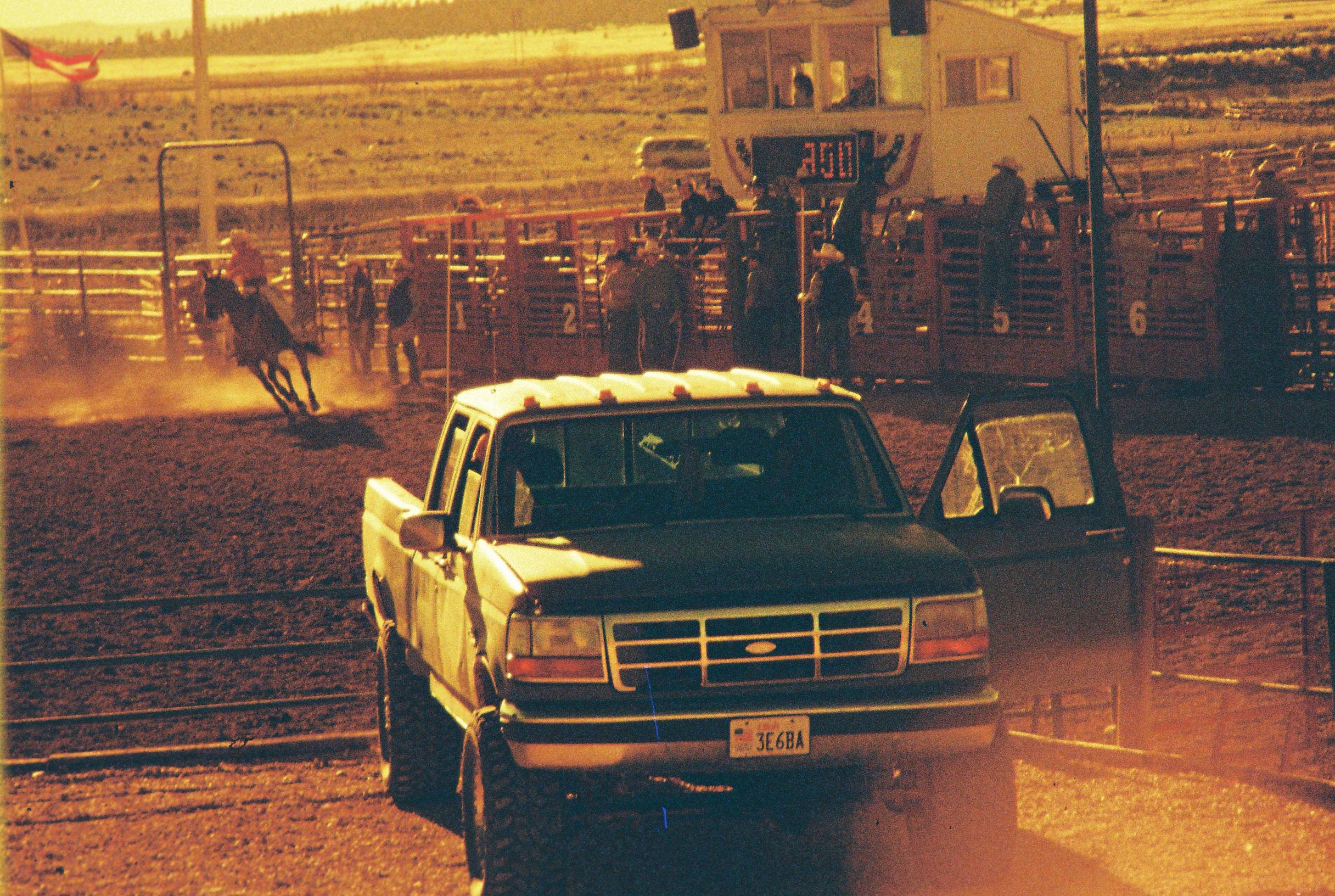
This wonderful series was shot on Lobster Redscale 110 film. What features did you appreciate most about this film?
The Lobster 110 film seems tailor-made for telling the story of the American West. Its red tones render epic landscapes and faces. Its grain is reminiscent of the iron sand of the Utah and Arizona deserts. Each shot conveys the epic nature of this wild landscape where men and women continue to live following ancient ideals handed down by frontier men and women.
What camera did you use?
I used a Pentax Auto 110, considered the smallest SLR camera in the world. Like all 110 cameras, it is very practical and allows you to change the film even in the middle of your work.
Why the choice of a 110 mini format camera?
I am following a path of research and exploration through different formats. My first two films were made entirely with cinema cameras, thanks to which I was able to bring a cinematic experience to the screens. I decided to continue my research and experiment. It is important for me to restore that sense of nostalgia with which the West is imbued. For this reason, my next film, part of a trilogy on the American West, will be made using an old VHS camera. The reason for this choice lies in being able to narrate and transport the viewer into the atmosphere of a small town in the American desert where it seems as if time has stopped in the 1990s, when the town's mine actually decreased its work. The 110 format, in this case, gave me great freedom to be able to photograph instinctively, always remaining in touch with the reality I was experiencing. 110 cameras are perfect to carry in your pocket and you can shoot at any time without having to think too much.
Has shooting with this format ever attracted the curiosity of strangers?
Absolutely, and this is another strength of this type of format, as it often gave me the opportunity to start a conversation with the subjects I have photographed. The subjects' curiosity and interest made them open up and gave me the opportunity to enter into conversation with them. Central to my work is meeting new cultures and empathizing with people. Understanding who you are photographing, without applying judgement is the key to fully understanding the reality we are documenting. In my opinion, the work of the photographer, the documentarist and the filmmaker, cannot and must not stop at the pure snapshot, but must be a chance to understand reality by putting oneself in the shoes, or in this case in the dusty boots, of those one encounters.
It is also right that these encounters become a chance for mutual exchange, between me and the people I meet. Just as I can learn about their world, they must be given the opportunity to learn about mine, to understand my work and my means. I would not be surprised if right now, some cowboy or cowgirl in Utah has taken up photography with a Lomography film.
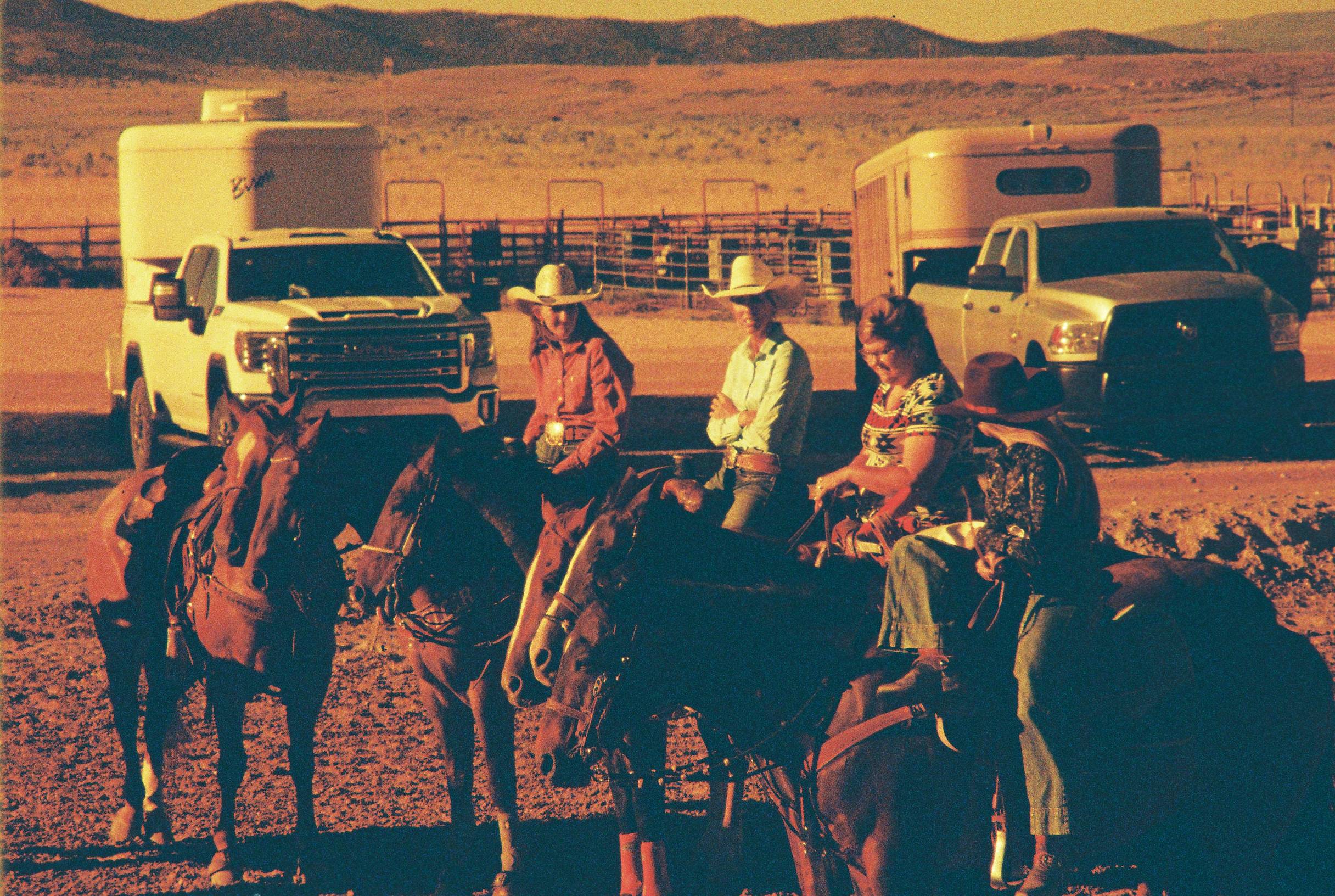
Next year West of Babylonia, will be shown in several Italian cities, in conjunction with a mini-festival of three Italian films focused on the United States. Can you tell us more about how and where it will be shown?
Together with director Susanna Della Sala, director Valerio Ciriaci, and producer and director of photography Isaak Liptzin, we decided to organise the screening of three films made by Italian authors with a focus on the United States. The event is called Ruins of America and those films tell about a broken America. These stories compose a fresco that questions the American myth. This screening speaks of a cultural conflict that engulfs statues, artists, the homeless, hippies, princes and outlaws. All united by the desire to be free and not to have to answer to society's rules.
The three films are my West of Babylonia, Last Stop Before Chocolate Mountain by Susanna Della Sala and Stonebreakers by Valerio Ciriaci. There will be a series of event dates throughout Italy, with screenings often accompanied by the authors and they will be available on the ZaLabview streaming platform: a platform that hosts cinema of the real and documentaries. The screening schedule is constantly being updated and more information can be found on West of Babylonia social media profiles. The tour will start on the 9th of January in Venice and will continue throughout the country. It will be a great opportunity for us to meet Italian audiences and screen these three films that have been presented at prestigious festivals such as Biografilm, Festival dei Popoli and Locarno.

What led an Italian director to want to tell stories about the American West?
I was born and raised in Italy, in Venice, and I came into contact with the myth of the West and the United States through the films I grew up with. After a long solitary journey on the road that cut across the United States, I decided to try my luck applying for the Green card lottery: a document that allows you to have a work and permanent resident visa in the United States. The Green card is not awarded on merit, but randomly through an actual draw. I was lucky enough to win it and have since moved to the US. After several years of living between Los Angeles, Las Vegas and other states, I officially became an American citizen and now have dual citizenship.
My journey to the United States began as a search for a world I only knew through film and literature. I have tried over the years and the different journeys to keep myself vulnerable, open to any experience, seeking adventure and romance, never placing any barrier between myself and the unknown world I was exploring. I have let myself be guided by suggestions, trying to see in every deviation from my path an opportunity. Sometimes the most memorable adventures can be found at a random exit off a Wyoming highway at the counter of an old Saloon in Colorado or in the car park of a dilapidated Motel in the heart of Nebraska.
To stay up-to-date on the upcoming West of Babylonia screenings and Emanuele's new projects follow @emanuele_mengotti, West of Babylonia / Facebook.
written by melissaperitore on 2024-01-07 #gear #videos #redscale #110 #pocket-camera #110-format





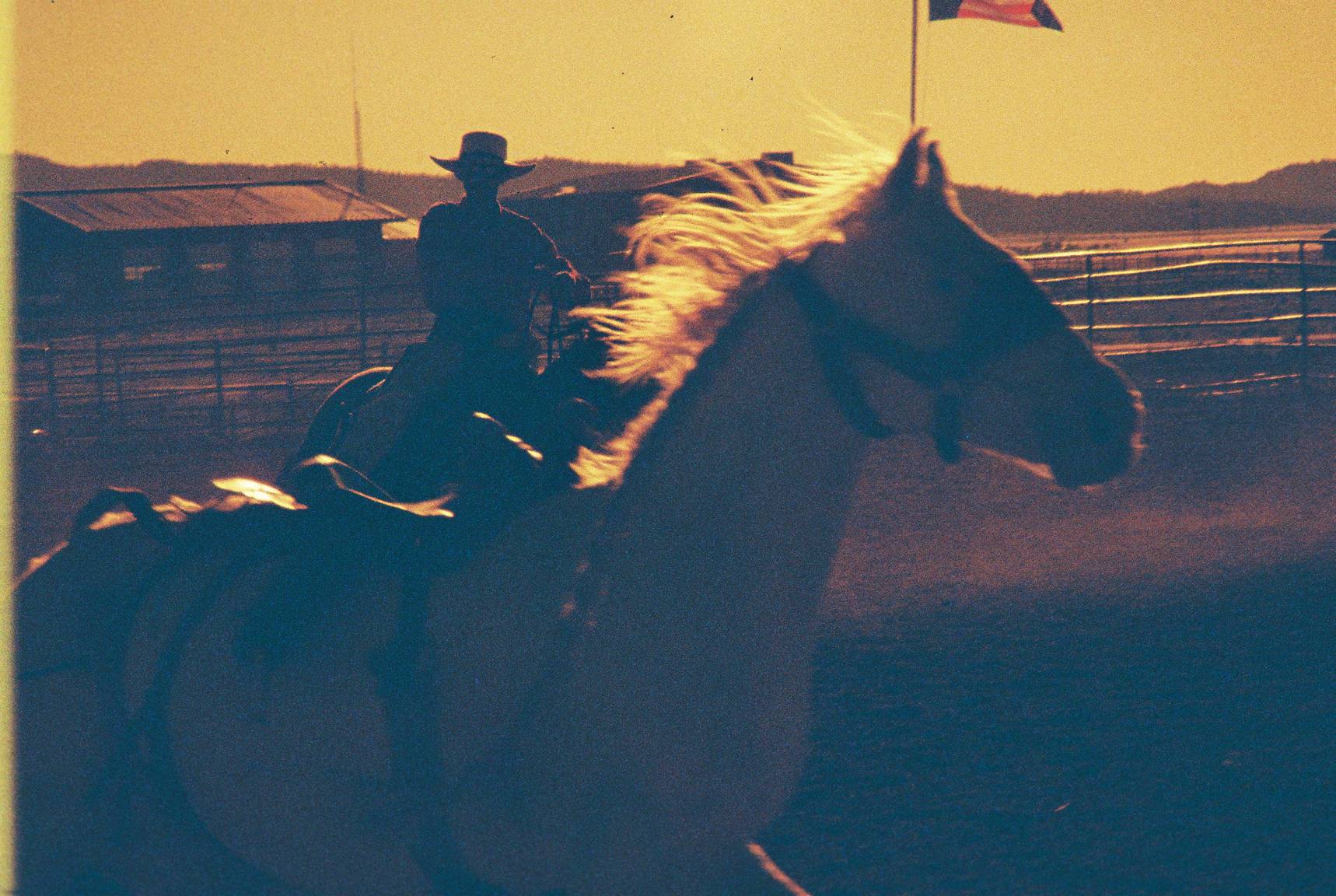

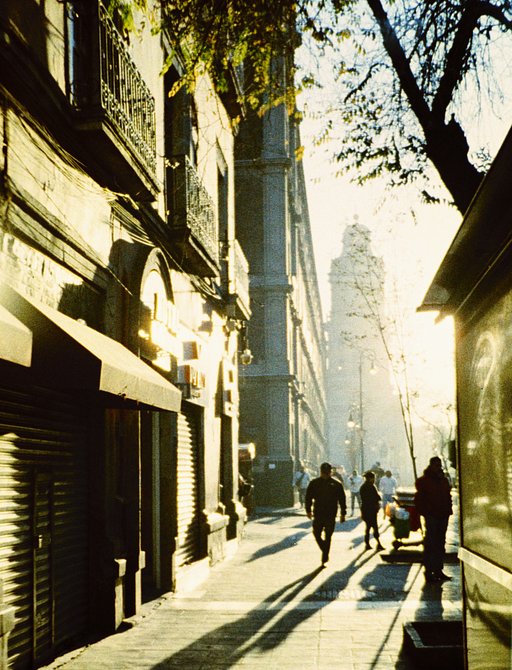


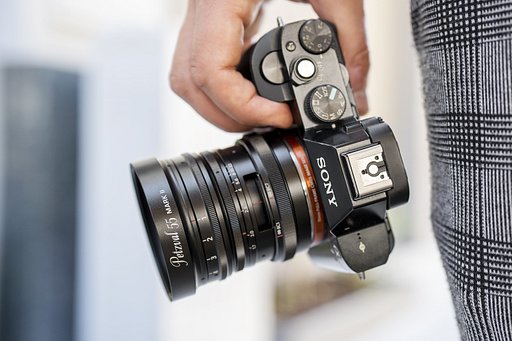


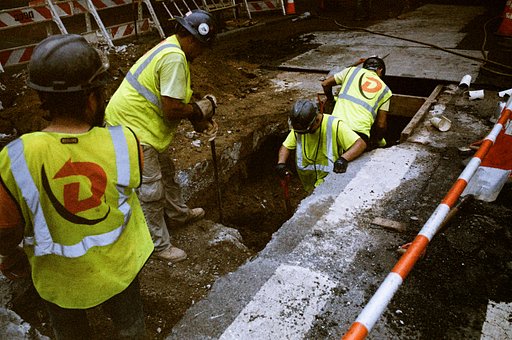

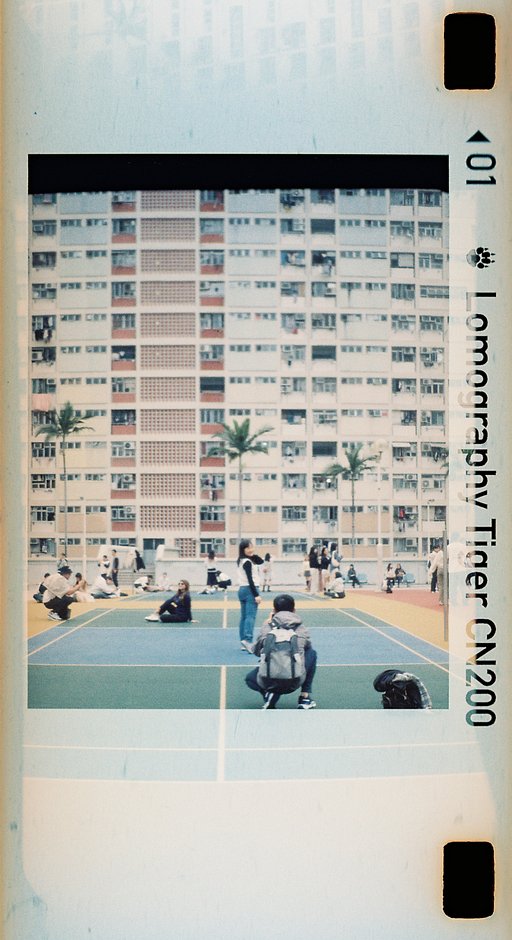



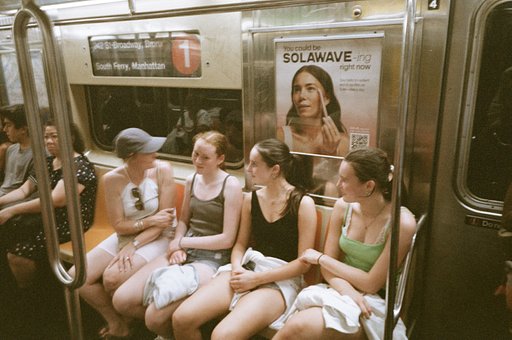


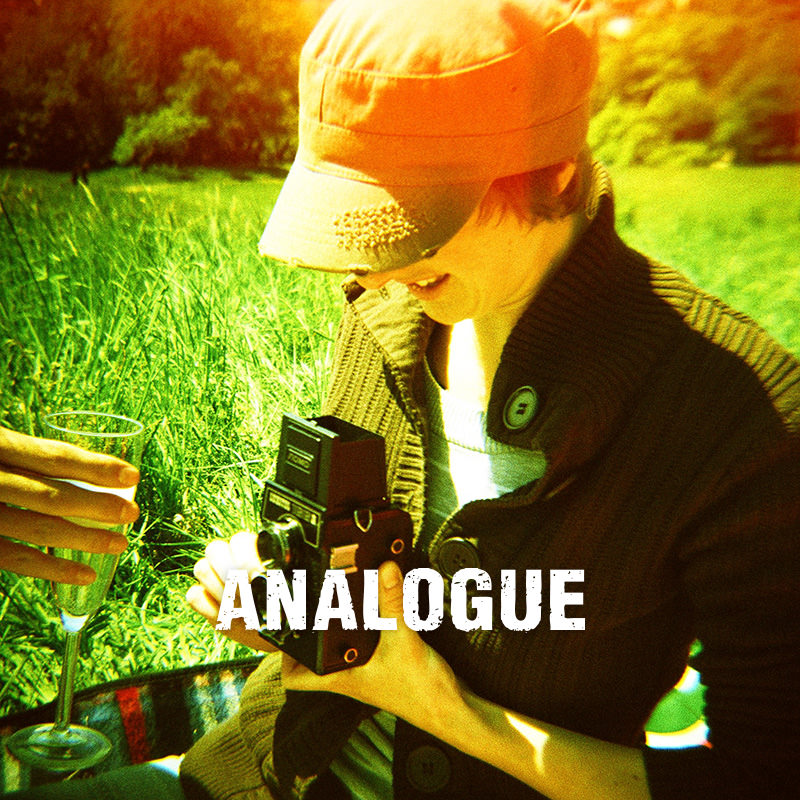
No Comments